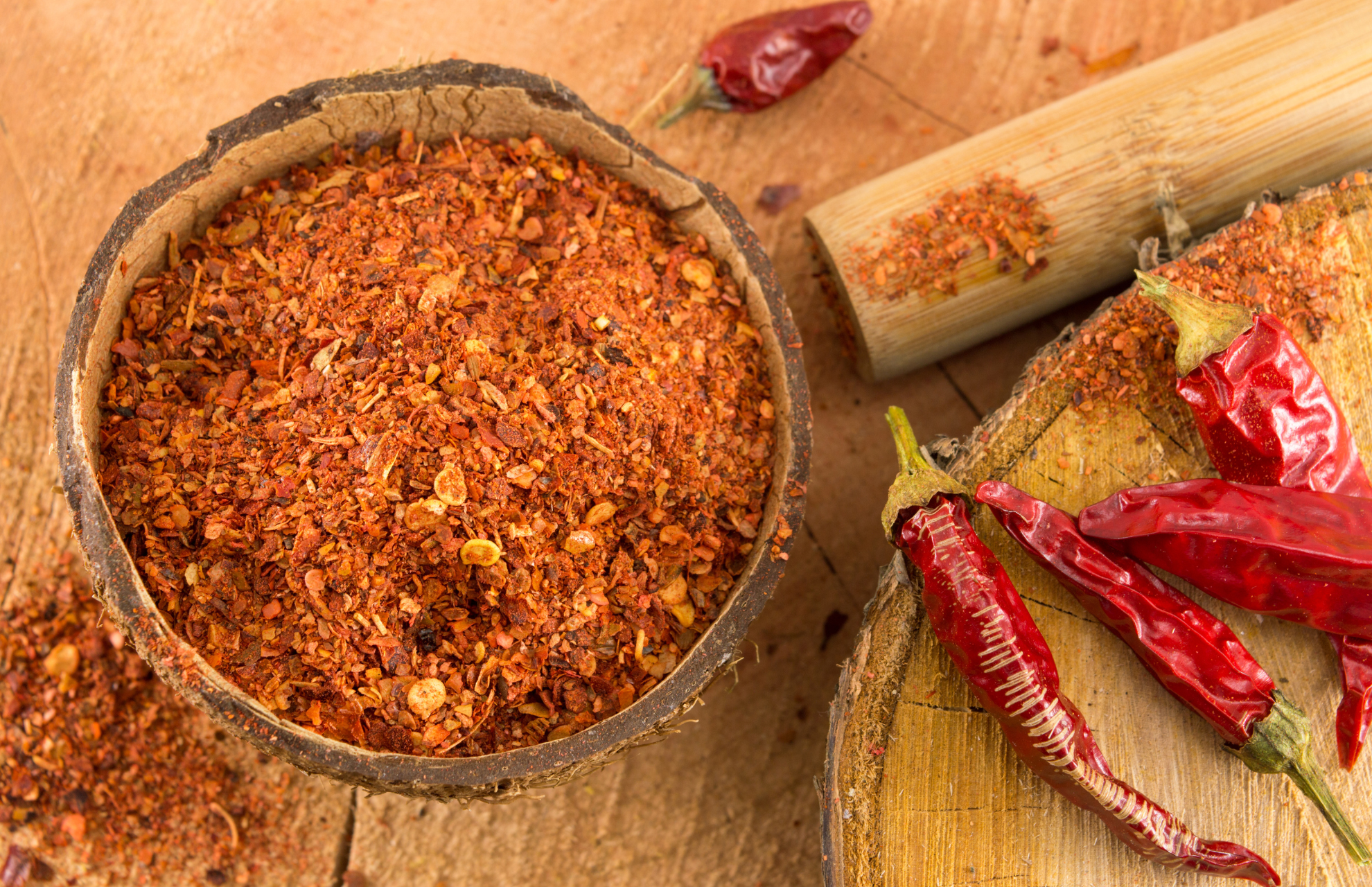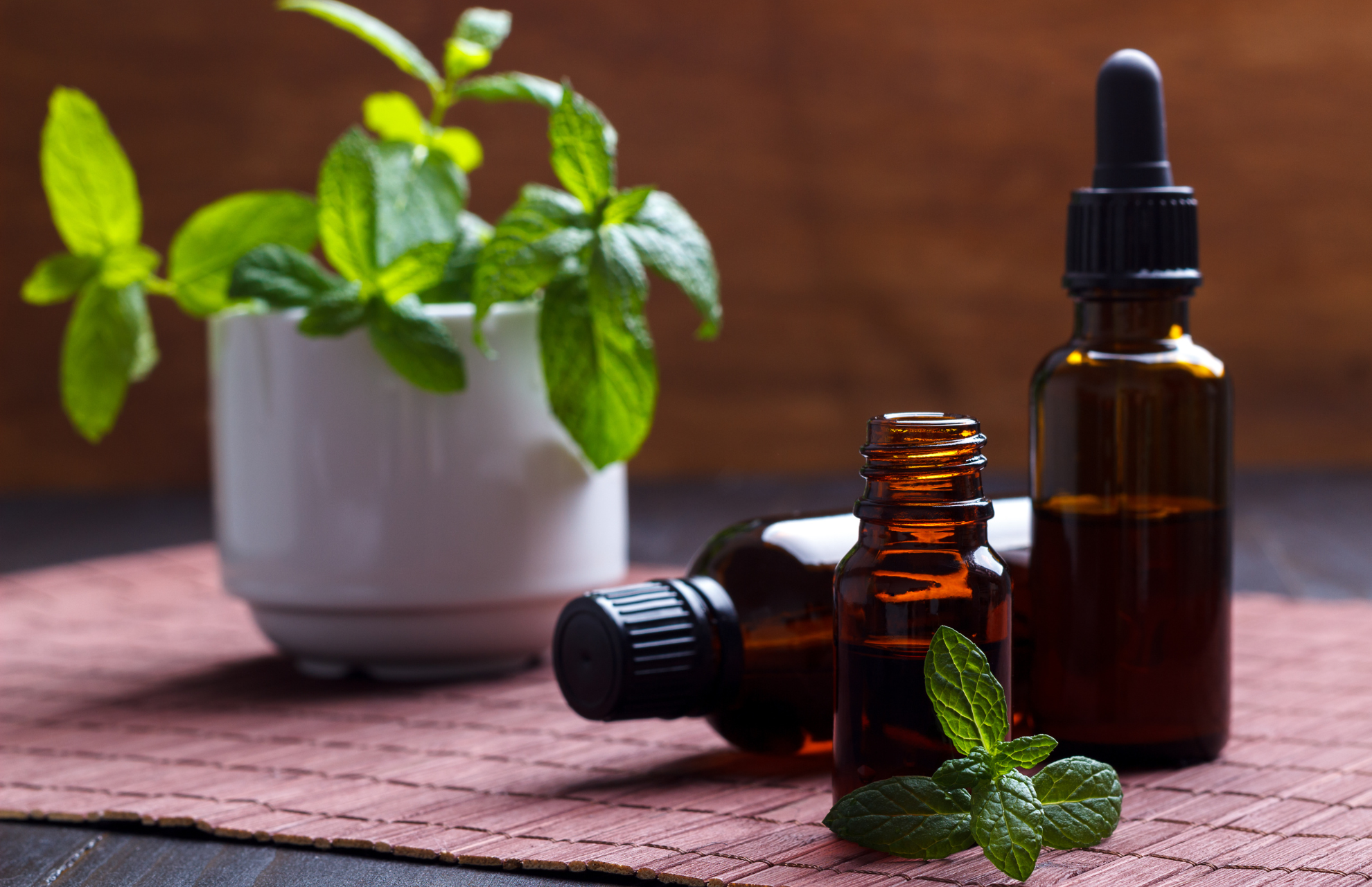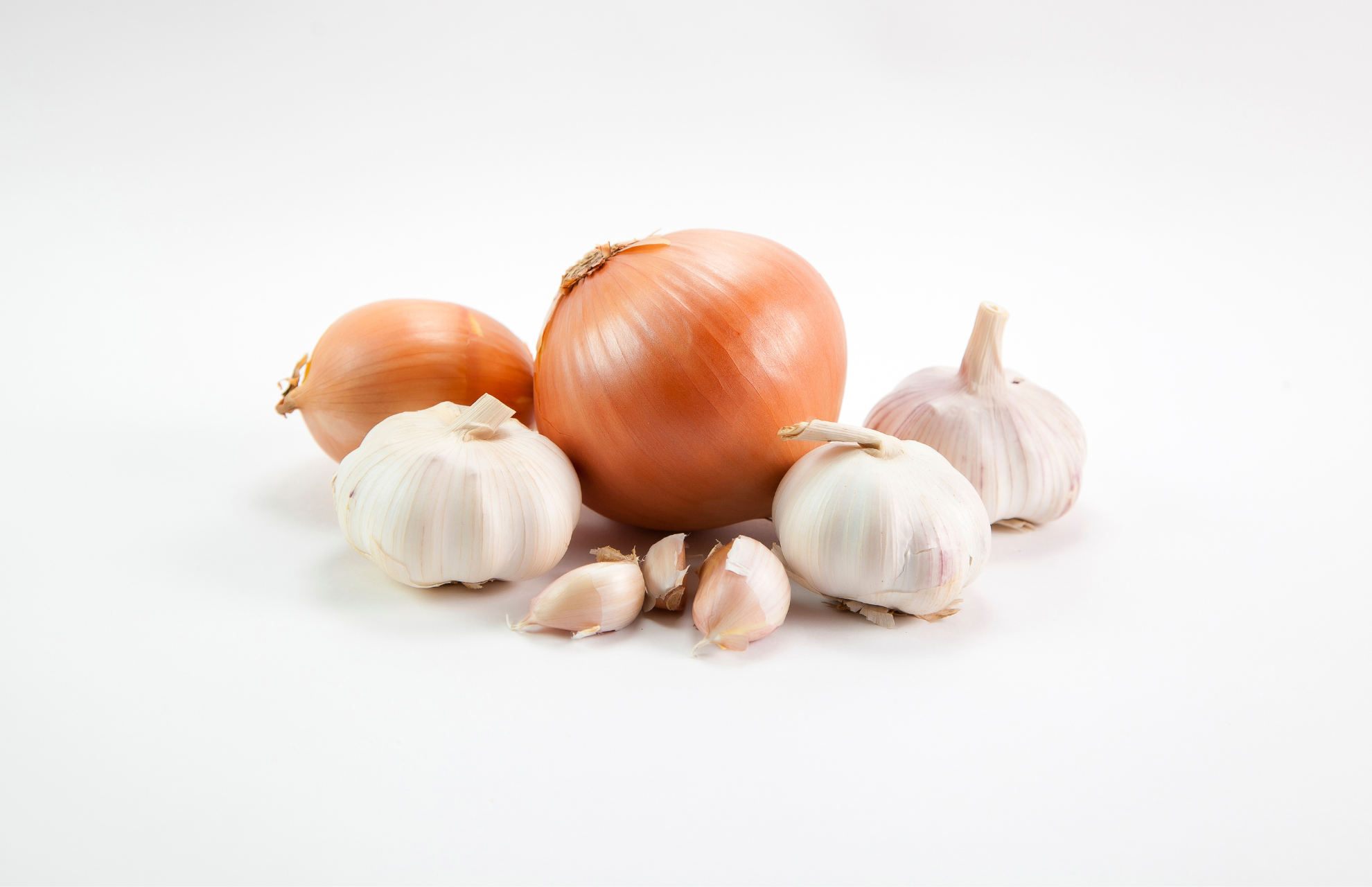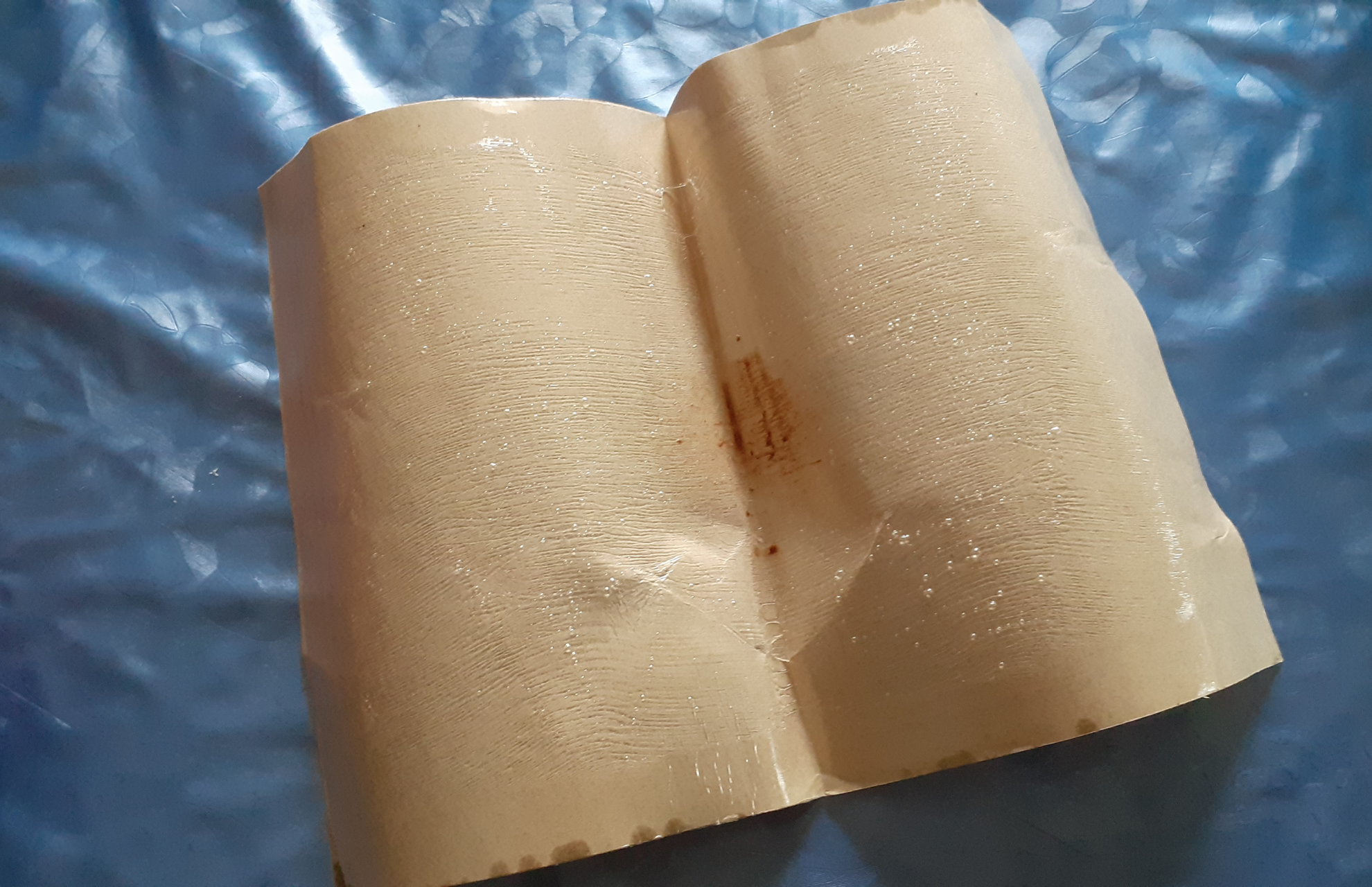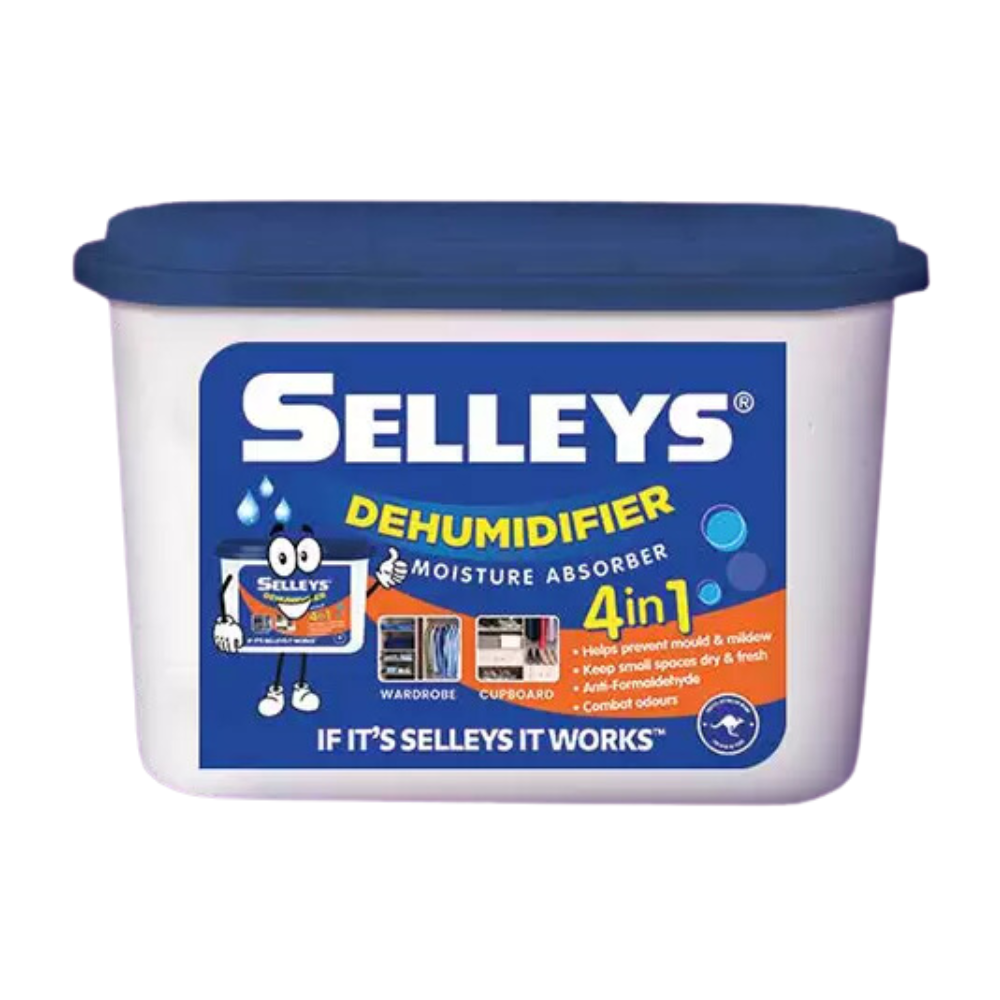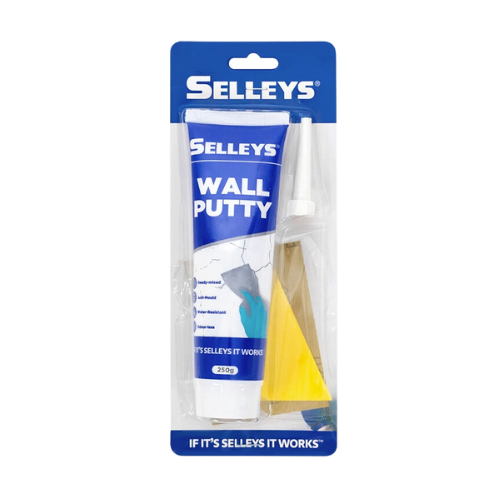Lizards are common house guests, especially in warmer regions like Singapore. Even though they are generally harmless, their presence can make you feel uneasy and uncomfortable. In rare situations, these creatures can also carry salmonella, and may transmit this bacteria through their droppings and urine.
In this article, we’ll delve into the reasons why these pesky creatures are attracted to your living space. We’ll also show you how to get rid of lizards safely and efficiently and equip you with preventative measures to prevent them from returning.
Table of Contents
What Attracts Lizards To Your Home
Curious about what makes your home the ideal dwelling place for lizards? The presence of food and water and places to hide can attract these creatures to your home.
Food and water
Lizards primarily feed on worms, ants, spiders, beetles, and flies. If you have any of these pests in your home, you’re likely to attract lizards. Additionally, lizards are also known to enjoy fruits, vegetables, and crumbs left behind by humans. Hence, even without a pest problem, food scraps can still lure them in.
Easy access to water sources such as a pet bowl or a leaking pipe can also make your home the ideal choice for lizards. In fact, these creatures can survive for months with just a little bit of water.
Places to hide
Lizards love to hide in dark, cool corners of your home, often sneaking behind cupboards, furniture, and picture frames, where they can stay out of sight.
How To Get Rid Of Lizards At Home
Now that you understand why lizards are attracted to your home, here are some methods you can try to get rid of them. It’s important to note, however, that these methods only repel lizards – they don’t kill them.
Method 1: Pepper spray
Do you know that hot sauce, pepper and cayenne serve as natural deterrents for lizards? You can create an effective lizard repellent by mixing a few tablespoons of your preferred spice with warm water in a spray bottle.
Be sure to shake the mixture well before spraying it in all corners of your home, especially at entry points such as doors and windows.
Method 2: Essential oils
Citronella, lemongrass, peppermint, and eucalyptus essential oils are excellent choices for deterring lizards.
Moreover, citronella and lemongrass essential oils also repel mosquitoes, one of the lizards’ favourite foods. By keeping mosquitoes away, you can make your home less attractive to lizards.
Method 3: Garlic and onion
The pungent aromas of onion and garlic are intolerable to lizards, making them an effective and non-harmful solution for chasing away these creatures. Simply place a few slices of onion or raw garlic cloves around your living space to keep lizards at bay.
If you’re worried that leaving these vegetables exposed may attract other pests, you can consider making a spray out of them instead. Place some onion slices or garlic cloves in a spray bottle and fill it with water. Shake the mixture well before spraying it in all corners of your home.
Method 4: Glue traps
Glue traps and lizard trapping boxes can efficiently eliminate lizards from your space. Just place these traps on walls or in areas frequented by lizards such as cabinets and drawers and let the adhesive do the rest.
How To Prevent Lizards From Living In Your Home
After dealing with the lizards found in your home, it becomes crucial to take steps to prevent their return. The following tips and tricks will help you ensure that your home remains lizard-free.
Get rid of potential food sources
To prevent lizards from being drawn to your home, the simplest solution is to eliminate their food sources. You can practise good habits such as:
- Keeping your trash bin closed
- Cleaning up food scraps and crumbs quickly
- Disposing of garbage regularly
- Cleaning the kitchen sink regularly
- Maintaining a clean home
Implementing these practices will not only discourage lizards from taking up residence in your home but also promote a hygienic and healthy living environment for you and your family.
Address other insect infestation problems
Since insects are the primary source of food for lizards, it’s crucial to address any pest issues promptly to prevent lizards from being drawn to your living space. Get rid of ants, mosquitoes, flies (including drain flies), and all other insects that may serve as a food source for lizards.
Reduce humidity levels in your home
Lizards thrive in damp environments. As such, they are commonly found in your kitchen and toilet cabinets. To make your home a less ideal living space for these creatures, keep all cabinets under the sink clean and dry. Additionally, fix any leaking pipes or taps to prevent them from having easy access to a water source.
Take it a step further and consider investing in a dehumidifier to lower humidity levels in your home. Selleys Dehumidifier is a 4-in-1 moisture absorber, providing the perfect solution for tackling excess moisture in the air.
Its compact packaging allows it to be used inside your wardrobes, cabinets and shoe racks. Just one box of this desiccant dehumidifier is sufficient to maintain moisture levels for up to 3 months. Additionally, it can effectively remove harmful formaldehydes produced by furniture.
Eliminate clutter
One of the lizards’ favourite hiding spots in your home is clutter. By tidying up and eliminating potential hiding spots, you can discourage these pesky creatures from invading your space. Some good practices to adopt include:
- Discarding or donating any personal items that you no longer use or need
- Keeping your shelves, cabinets, and cupboards clean and tidy at all times
- Cleaning behind artwork and pictures hanging around your house regularly
- Clearing out newspapers and trash bins regularly
Seal potential entry points
Lizards can easily sneak into your home through open doors and windows. They can even enter your home through the tiniest cracks in your walls or window frames! Hence, it’s crucial to seal all potential entry points around your home by filling holes or cracks and installing window screens.
If you’re looking for a reliable solution to fill your wall cracks, try Selleys Wall Putty! This product comes in convenient ready-mixed 250g tubes, making application a breeze.
It has water-resistant properties and is perfect for filling holes, chips, and cracks in a variety of materials, including wood, metal, plaster, and concrete. Plus, it’s anti-mould and odour-free, allowing you to create a clean and healthy environment for you and your family.
FAQs About Getting Rid Of Lizards
Can eggshells repel lizards?
No, the belief that lizards are deterred by the scent of eggshells is purely a myth – there is no scientific evidence to support this claim. On the contrary, lizards may even find eggshells to be a tasty treat.
Moreover, using eggshells as a deterrent can lead to other pest problems, such as cockroach infestations. Pests may be attracted to the eggshells as a potential source of food, which can quickly turn into a full-blown infestation if not addressed promptly.
Can naphthalene balls or mothballs repel lizards?
Naphthalene balls and mothballs can be used to repel lizards. Despite their effectiveness, it's crucial to consider the potential risks of using these products.
Traditionally, these products exterminate pests by emitting a toxic gas within enclosed spaces like jars. This gas is harmful not only to pests but also to humans, potentially causing health issues such as eye and nose irritation, headaches, vomiting, nausea, and diarrhoea. Long-term exposure can even lead to kidney and liver damage.
Using naphthalene balls and mothballs as lizard repellents would involve releasing these harmful vapours into the air, exposing you and your family to potential health risks. Thus, we recommend against using these products to repel lizards.
Can salt kill lizards?
Yes, it can. Salt, which acts as a desiccant, can cause dehydration in lizards. When lizards become dehydrated, their body temperature drops, resulting in a host of physiological changes such as a weakened immune system, respiratory distress, and ultimately, death.
Furthermore, salt can cause a toxic buildup in lizards’ bodies, resulting in irreversible organ damage and death.

